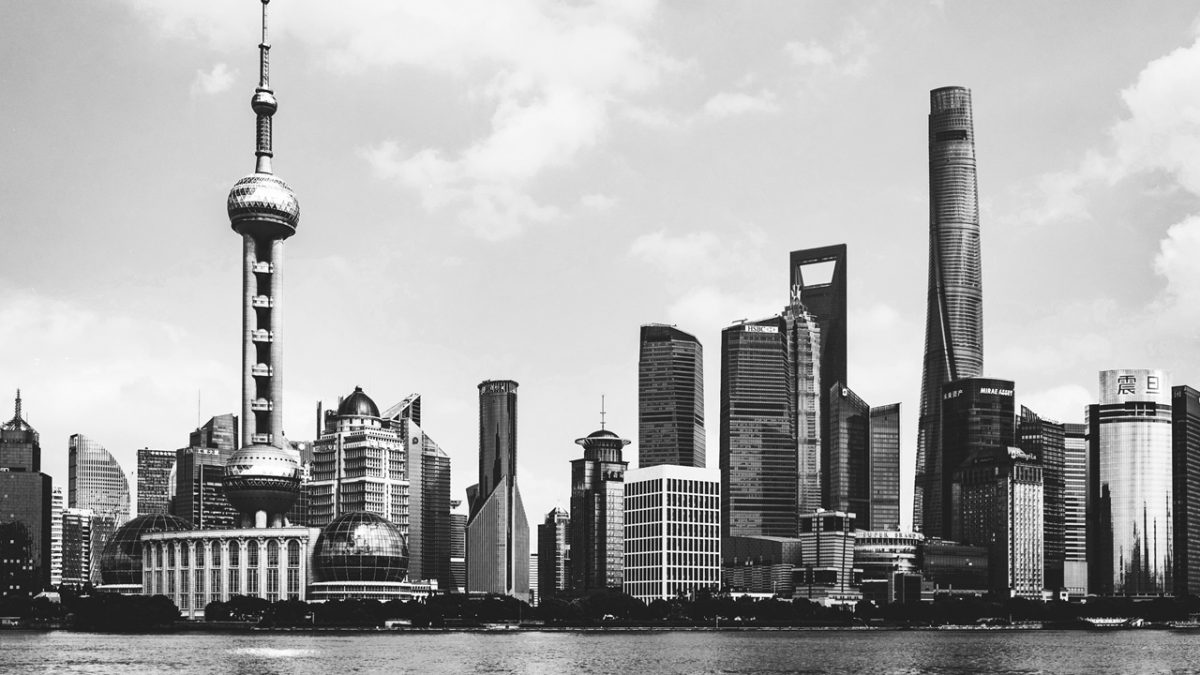China’s Turbulent Markets Keep Still-Eager Investors Guessing

This article was originally published on New York Times by Alexandra Stevenson on August 18, 2015.
As China’s once-staid currency suddenly dropped sharply last week, Wall Street began sniffing around for a way to profit.
A trader on Goldman Sachs’s Hong Kong trading desk sent a memo to hedge fund clients highlighting one opportunity: Taking advantage of a price difference between China’s onshore renminbi and its offshore version. The currency is not freely tradable, and it was trading in Hong Kong as much as 1.5 percent lower than in China.
That is “assuming you can move money between Hong Kong and the mainland,” the trader wrote, referring to China’s capital controls.
“Good luck,” he signed off.
In China, there is always a catch, something that even some of the world’s smartest investors are just starting to learn.
The high-flying economy was destined for high-octane growth for years. Until China’s leaders revised their growth target.
The bull run was heralded as a new golden age of stocks by the state media. Until it hit a free fall that erased over $3 trillion in market value, volatility that continued on Tuesday.
The currency for years was set at a relatively stable rate. Until the government devalued the currency, prompting its steepest fall in decades.
“China really has always been an enigma,” said Troy Gayeski, a senior portfolio manager at SkyBridge Capital, an investment firm that has $9.4 billion invested in hedge funds. “You could be dead right in the thesis and you won’t make money.”
At the start of the year, some of the Wall Street’s best known investors — including Stanley Druckenmiller — sang China’s praises. Mr. Druckenmiller told Bloomberg television in April that he was “very intrigued” by the Chinese stock market’s steep ascent, despite the slowdown in the economy.
He proclaimed he had seen this movie before. “Like day follows night, six to 12 months down the road you’re out of recession, and you’re into a full-blown recovery,” Mr. Druckenmiller said.
Still, he pared his growth expectations slightly, “because it’s China, and we don’t know the nature of what we’re dealing with here relative to normal, mature developed markets.”
Mr. Druckenmiller declined to comment for this article.
The Chinese stock market’s rise into the stratosphere, fueled in part by the government’s encouragement, had attracted droves of hedge funds.
In July and August of last year, some China-focused managers increased their exposure to mainland stocks by as much as 50 percent of their entire portfolio, according to Mark W. Yusko, the chief investment officer of Morgan Creek Capital Management. The investment advisory firm, which has $4 billion invested in private equity, hedge funds and venture capital funds, has money in a handful of China-based hedge funds.
“In the short term, we are buying the dip,” Mr. Yusko said. “One of the crazy things is that — in investing — when things go on sale, people run out the door.”
Betting on China is anything but straightforward. Many like Morgan Creek opted to invest in Chinese hedge funds.
Investors seeking to buy local equities directly have to get approval from Chinese regulators, by obtaining a qualified foreign institutional investor license. Big players like Goldman Sachs and Stanford University have taken this route. Several years ago, the government began to expand the program, as part of an effort to overhaul its financial system.
As the market soared, many hedge funds rode the bull run, raking in profits and posting double-digit returns. At the end of the second quarter, Asia-focused hedge funds had $126.3 billion in capital invested, a record amount of money according to the research firm HFR.
The situation took a sharp turnin late June.
Chinese markets began to tumble, with stocks 30 percent off their highs at one point. By the end of July, the capital devoted to Asia-focused hedge funds had dropped by $10 billion as investors ran for the exits and losses mounted, according to HFR. Since then, it has continued to be shaky, with stocks in Shanghai down more than 6 percent on Tuesday.
Casting doubt on the market reform efforts, Chinese authorities have aggressively intervened to help stop the slide. Investors got blindsided by some of the measures, including a ban on “malicious short-selling” and forcing big investors to hold their shares for six months.
Stuck in limbo, hedge fund managers said they were unsure how they fared in the chaos. Stock market regulators suspended more than 30 different trading accounts, including one owned by the brokerage unit of Citadel, the $26 billion firm founded by Kenneth C. Griffin.
Then last week the People’s Bank of China abruptly devalued its currency, veering off script and raising fresh concerns about the economy. The central bank typically sets a daily midpoint for the currency, allowing the renminbi to trade within a narrow band. On Aug. 11, the initial price was roughly 2 percent lower, dropping 4.4 percent by the end of the week. The currency usually moves just a fraction of a percent.
“You’re seeing a little bit of smoke from the devaluation,” Mr. Gayeski said. “And where there is smoke, there is fire,” he added.
Despite the recent tumult, the China story continues to enchant Wall Street.
The billionaire hedge fund manager Julian H. Robertson announced last week that he was putting money into Yulan Capital Management, a firm that focuses on companies in the greater China region. While Mr. Robertson declined to comment directly on how much he invested, his firm, Tiger Management, typically makes seed investments of $25 million and takes an equity stake.
“Asia, in general, and China, in particular, offer great opportunities for hedge funds, both on the long and short sides,” Mr. Robertson said in an emailed statement.
CDIB Capital International Corporation, the private equity arm of China Development Financial, raised $405 million last month for a fund focused on private equity opportunities in China and other Asian markets. It is the fourth Asia-focused fund that the firm has started this year.
The fund will focus on Chinese consumption, as well as companies with innovative models and advanced manufacturing operations, said Chris Lerner, a Shanghai partner at Eaton Partners, the firm that helped CDIB Capital raise money for the fund. For example, the fund could focus on Taiwan, where the economy is intertwined with China; seven of the top 10 exporters in China are run by Taiwanese entrepreneurs, Mr. Lerner said.
Wall Street investors are also finding new ways to play the turmoil in China. Penso Advisors, a hedge fund adviser that manages money for investors like pension funds, scoped out currencies that were affected by the renminbi devaluation in an attempt to profit from the shock waves. The firm bet on the Taiwan dollar, which dropped more than the renminbi, said Ari Bergmann, founder of Penso Advisors.
“People want to play China, but it’s much harder to play China because you don’t know the rules and they change all the time,” Mr. Bergmann said, referring to capital controls there.
“Do you realize how volatile these things are?” he added. “You could lose your shirt.”
Investors ultimately know they cannot ignore China, given its size and influence.
Ray Dalio, the founder of the world’s biggest hedge fund, the $160 billion Bridgewater Associates, recently tempered his enthusiasm for China, saying the firm did not properly anticipate how quickly the stock bubble would deflate.
“Even those who haven’t lost money in stocks will be affected psychologically by events, and those effects will have a depressive effect on economic activity,” Bridgewater said in its July note to investors.
Bridgewater remains cautious about the domestic equity markets because the terms and regulatory framework continue to be uncertain, according to a person with direct knowledge of the firm.
Yet Mr. Dalio, who has traveled to China for business since 1984, maintains a positive outlook over the longer term. Bridgewater has applied for a foreign investment license from Chinese regulators, so that it can invest directly in the country’s stocks.



